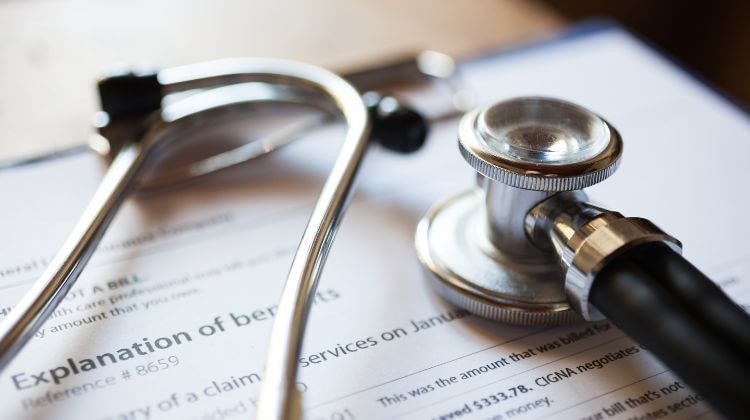
The medical field is vulnerable to cyberattacks. As such, developers consistently try to block access through security to prevent any data breaches to a medical facility. Take the time to learn more about the importance of having a secure system to safeguard healthcare documents.
Why Securing Healthcare Documents Is Important
The medical industry is the number one collector of personal data. If data is seen without permission, it can be used maliciously, as in cases of blackmailing patients or their medical providers. The provider may also face fines and penalties following a breach of personal data.
Many places around the world have strict laws that can hurt medical practices if they don’t have the proper security to prevent an attack. A medical office’s data is the most vulnerable, and without adequate data protection, you risk identity theft and severe HIPAA violations.
In addition to having a secure system for healthcare document protection, you need to learn the importance of protecting all vulnerable control systems in your facility. Keep the importance of protecting sensitive information at the forefront of your practice.
Preventing Hackers From Stealing or Using Sensitive Information
With suitable systems, it’s possible to stop hackers from stealing or using sensitive information against the medical center and its patients. Hacking is a significant problem that finds a way to get through even the toughest firewalls.
Many workers could benefit from cloud and mobile storage when exploring better options. Having something that backs up information and has strict security measures in place helps keep everything protected.
Aside from using cloud storage, have your development team work on creating barriers and restricting access to certain authority levels. For example, technicians and specialty doctors should be the only ones with access to specific blood tests, x-rays, and medical information.
Updating Your Security To Protect Patient’s Documents
Medical facilities should consistently enhance their security. Medical facilities often have the most issues with securing data; the solution here is to update everything often, including passwords. Passwords should be updated once every six months to stop hackers.
Another thing you can do is add monitoring systems. A safeguard approach to this method is to keep a track record of when something was accessed, logging the date and time, location, and the person’s credentials. A monitoring system keeps track of all changes, and if there’s unusual activity, it’s easier to capture and eliminate the issue.
You find new ways to secure your new and current data by using better medical record protection systems. Keep yourself informed on the latest tech trends so that you and your team can keep things secured with the most updated technology and security programs.